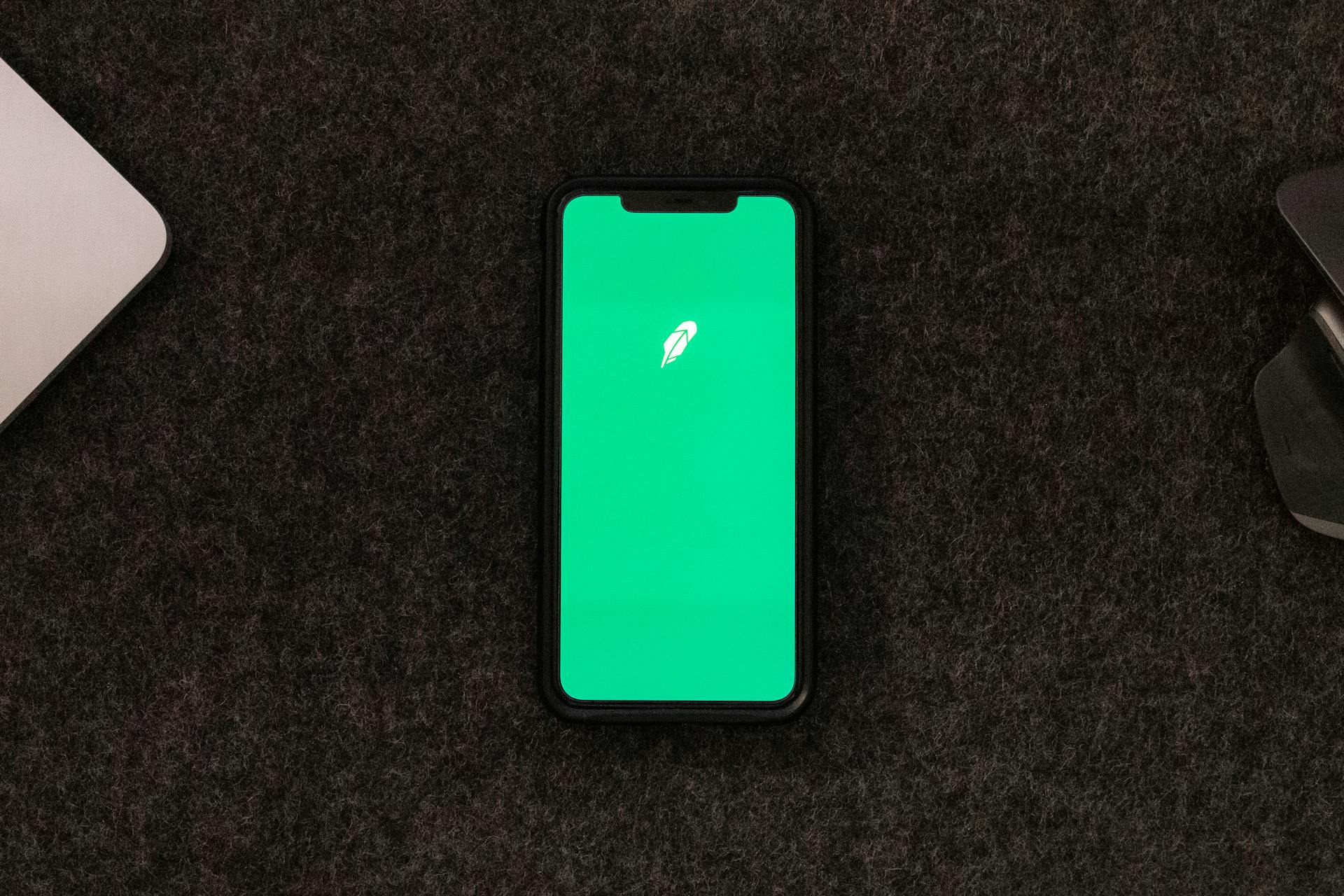Since smartphones became mainstream, mobile apps have become an integral part of our modern life—we use them to track our health, read the news, shop, and connect with friends and family, just to name a few. And as we increasingly rely on mobile apps to manage our lives, brands, and businesses are eager to jump on the digitizing wagon.
However, as the demand to develop apps keeps going up, developers face the challenge of staying updated with the latest mobile development trends and meeting the ever-growing expectations of users.
If you are one of them, you came to the right place. This article will present the latest mobile development trends and how to leverage them to develop superb mobile applications.
6 Mobile Apps Trends in 2024
The remarkable technological progress, the advancement in user interface design, and the global shift towards personalized digital experiences are transforming the mobile app landscape. Stemming from a growing necessity for developers to deliver innovative and fresh experiences, these trends signal the future direction of the mobile app development industry. We present the six mobile development app trends in 2024 to stay abreast of these latest developments.
Integrated voice recognition and command
We all used Siri, Google Assistant, or Alexa at least once to shortcut our way into interacting with technology. Now, as more and more people use them, developers are understanding the power of these AI-enabled voice operations.
The rise of voice recognition in mobile app development stems from advancements in natural language processing (NLP) models and large language models (LLM), which allow the technology to respond to human speech in a more intelligent and nuanced manner.
The speech-to-text and text-to-speech functionalities used to perform in-app actions such as ordering food, sending messages, or making calls provide a competitive edge for mobile apps to cater to the growing demand for hands-free interaction. Beyond the convenience of app use, such features enhance the accessibility of apps for individuals with disabilities.
Artificial intelligence
Everyone is aware of the AI boom in the past two years, a trend that shows no signs of stopping. While so far, AI has been mainly used for chatbots, photo editors, and virtual assistant apps, in 2024, we expect a wider net of apps integrating apps.
AI is revolutionizing the app development in several ways:
- It can make the mobile app development process faster and more comprehensive.
- AI can understand user behavior and predict future needs, as such enhancing user engagement and satisfaction.
- AI-driven analytics provide advanced insights into app performance and user preferences, allowing developers to innovate.
However, AI’s power is just beginning, and it is expected that AI will provide app developers with many more opportunities in the future.
AR integration
Augmented reality (AR) is another cutting-edge mobile development trend in 2024. Its rise to fame came from its unprecedented ability to provide an immersive and interactive user experience. While the technology gained traction mainly in the gaming industry, it is also used in education, retail, and healthcare today. For example, retail apps are integrating AR, allowing customers to visualize products before they buy them (think online clothes shopping with the ability to try the clothes first).
While we are just beginning AR integration in 2024, as AR becomes even more sophisticated, we expect its integration into mobile apps to open new avenues for creativity and functionality. Thus, it will be a groundbreaking technology that will transform how we perceive and interact with the digital world.
Internet of things
With the global Internet of Things (IoT) market reaching $318 billion in 2023, of which $226 billion is attributed to software, including mobile apps, it’s clear that the sector is experiencing significant growth. This surge is underscored by a 58% increase from 2020, with projections suggesting that IoT technology revenue will exceed $1.6 trillion by 2025. That’s why, in 2024, the growth of mobile apps within the IoT sphere is expected to grow beyond household devices to automobiles, display devices, healthcare, and more, indicating a broad market potential.
Moreover, IoT has a significant influence in the industrial sector as it can enhance predictive maintenance, inventory management, and supply chain monitoring, thereby promoting safety and growth in the construction, mining, manufacturing, and energy industries. All in all, IoT is a technology that will take off further in 2024.
Beacon technology
Since its inception with iBeacon in 2013 and Eddystone in 2015, beacon technology has been at the top of the conversation in the mobile app development sphere. Data shows beacon technology experiencing exponential growth, underscoring a 48.9% compound annual growth rate (CAGR). By the end of 2026, the beacon technology market is projected to grow to $31.61 billion. This uptick in market value demonstrates the potential of this technology in various sectors.
Integrating beacon technology in mobile apps has many benefits, especially for service industries like hospitals, hotels, restaurants, and pharmacies—businesses heavily dependent on local clients. Beacon technology-enabled apps provide highly relevant location-based services that could positively influence the consumers’ experience. Similarly, in emergencies, these apps can prove decisive in delivering timely and effective intervention, often resulting in life-saving assistance.
5G
The deployment of 5G, leveraging on low latency and high speed, is undoubtedly a massive step towards a better digital experience. Due to this high-speed connectivity, you should watch 5G-enabled apps that promise to change how we interact with technology. Also, the dawning of 5G will result in highly accurate location trackers since their superb coverage and connectivity create opportunities for developing precise GPS-enabled apps.
In addition to communications, the impact of 5G technology in industries like healthcare, transportation, and entertainment will lead to new ways in which innovations in app development will enhance how we live, work, and play.
Conclusion
If there is one thing to take away, the new technology is reshaping the mobile app development industry, further customizing the user experience. Developers should be aware of new developments as the industry continues to evolve to stay ahead of their competition. These trends, by themselves, are ample sources of novel ideas and approaches to enhance users’ interaction with the device and provide more personalized and efficient solutions that meet users’ needs. These technologies are promising for the mobile app industry as they present novel opportunities for technology to get more integrated into our daily lives.
FAQs
What is the future of mobile apps?
The mobile app development industry is projected to grow even further due to novel technologies such as AI, 5G, and IoT. This transformation will make apps more customized, people-centered, and vocational, gradually becoming an inherent part of life and extending the frontiers of what apps can do.
Will AI change the way mobile apps are developed?
AI is projected to be the driving force of mobile app development by facilitating sophisticated, individualized apps that can provide personalized experiences based on users’ interactions. Integrated with predictive analytics, natural language processing, and automation, among other advanced features, AI is seen to fundamentally change the way apps are designed and managed.


